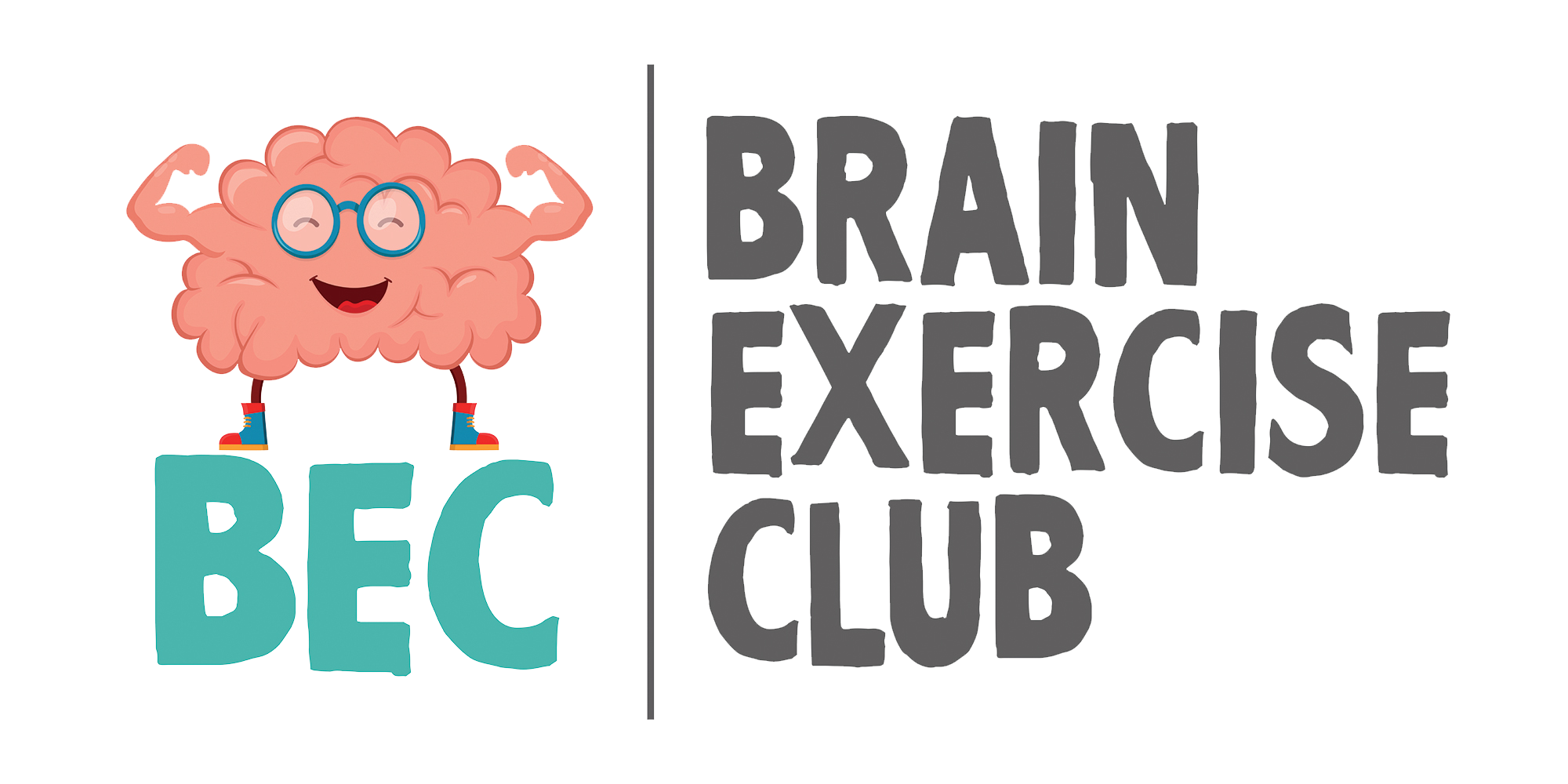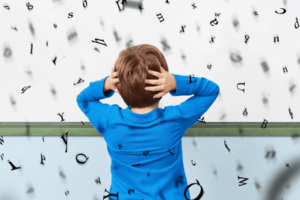
Essential Skills for Children to Thrive in Kindergarten and Beyond
As caring parents and dedicated educators, we all share a common goal: to provide the best opportunities for our children. We recognize the pivotal role that early education plays in shaping their future achievements. Kindergarten serves as a significant milestone in a child’s educational journey, marking the formal beginning of their schooling. However, to thrive in kindergarten and beyond, children require foundational skills that extend beyond basic literacy and numeracy. Here, we outline five indispensable skills necessary for a child’s success in kindergarten and their continued academic journey:
Crucial Learning Abilities for Kindergarten Success
1. Attentiveness, Distraction Management, and Basic Multitasking
A fundamental prerequisite for school success is the ability to focus, maintain attention, and block out distractions. In a classroom setting, children encounter various stimuli, making the capacity to concentrate on tasks while disregarding irrelevant diversions invaluable. Additionally, elementary multitasking skills, like listening to the teacher while engaging in a learning activity, aid children in handling kindergarten’s demands.
Tip: Engage your child in activities that encourage sustained concentration, progressively increasing the duration. Games such as ‘Simon Says’ and puzzles serve as excellent tools to enhance attention spans, or you can explore our recommended activities for building attention skills.
2. Retaining Essential Information from Lessons and Activities
Memory, a vital cognitive skill, helps children retain information from their educational experiences. Recollecting critical details, instructions, and concepts is essential for following directions, participating in discussions, and building a robust knowledge foundation. A strong memory facilitates the absorption of new information and fosters the development of critical thinking skills.
Tip: Promote memory-building activities like storytelling, memory card games, and recalling daily events to strengthen your child’s memory capabilities.
3. Auditory Imagination and Comprehension of Spoken Language
Language serves as the bedrock of learning. Developing the ability to conjure mental soundscapes and comprehend spoken language is pivotal for effective communication, comprehension, and active engagement in classroom discussions. Children who can process verbal information efficiently are better prepared to follow instructions, pose questions, and actively participate in classroom activities. This skill is also crucial for pre-reading development. Before children can embark on the journey of reading, they need a solid foundation in auditory processing and phonemic awareness, which can be honed through practice.
Tip: Make it a habit to read aloud to your child regularly and engage in conversations that promote active listening and responsive communication. Engaging in rhyming or sound-based games can enhance auditory processing skills. You can find more games that enhance the skills required for successful reading in our recommendations.
4. Mental Visualization and Processing of Visual Information
Visual processing skills significantly influence a child’s capacity to comprehend and interpret visual information. This aptitude encompasses creating mental images based on descriptions, recognizing shapes and patterns, and comprehending visual representations, such as letters, numbers, charts, and diagrams. A strong foundation in visual processing aids in grasping concepts across various subjects.
Tip: Involve your child in activities such as drawing, puzzles, and describing scenes from a story to boost their ability to generate mental images and process visual information.
5. Basic Problem Solving, Logic, and Reasoning Proficiency
Kindergarten introduces children to structured learning and basic problem-solving scenarios. The development of logical and reasoning skills empowers children to analyze situations, draw conclusions, and make informed decisions. These capabilities instill confidence and curiosity, fostering a growth mindset, enabling children to approach challenges with resilience.
Tip: Introduce puzzles, riddles, and age-appropriate strategy games to assist your child in developing their logical thinking and problem-solving skills in an enjoyable and engaging manner.
Ensure Your Child’s Cognitive Proficiency Sets the Stage for Effective Learning and Success in Kindergarten and Beyond
The early years of schooling should be a combination of play, exploration, and the gradual development of competence in formal learning. If any of these areas pose challenges for your child, it is prudent to address them early, as this proactive approach will prevent their academic performance and self-assurance from being adversely affected in the future.



